News
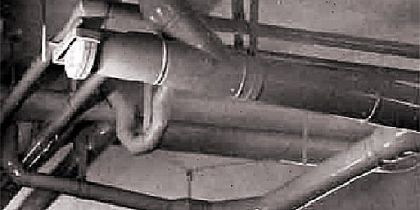
Restlebensdauer von Kunststoffrohren nach einer Betriebszeit von 41 Jahren
A study on pipes made from Hostalen GM5010, which have been in operation since 1961, evaluates the predicted 50-year minimum lifespan through new investigations into their remaining lifespan.
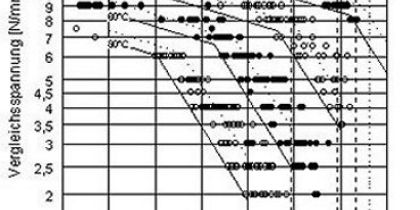
50 years of polyethylene piping - Engineering perspective
The advantages of the Full Notch Creep Test (FNCT) as a time-saving testing method for the reliable assessment of the stress crack behavior of polyethylene materials according to DIN 8075.
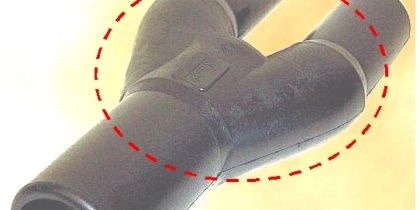
Procedure to determine the safety factor of polyethylene pipes under complex Ioad
Looking for safety and illustrates how the safety distance is represented in various fields, including polyethylene pipes, in the double logarithmic time-dependent internal pressure diagram.
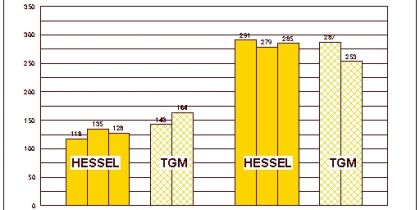
Erwiderung zur Publikation: "Langsames Risswachstum von Polyethylen - Mythos und Wirklichkeit"
The response to the publication "Slow Crack Growth of Polyethylene – Myth and Reality" criticizes the inadequate reproducibility of tests. The authors highlight significant differences in stress crack behavior and recommend using samples from the same batch for the Full Notch Creep Test (FNCT).
 Erwiderung zur Publikation: „Langsames Risswachstum von Polyethylen — Mythos und Wirklichkeit" (DE)pdf | 185,13 KB
Erwiderung zur Publikation: „Langsames Risswachstum von Polyethylen — Mythos und Wirklichkeit" (DE)pdf | 185,13 KB Überprüfung der Aussagen zur Reproduzierbarkeit des FNCT in Publikation Grosse-Boes (Borealis) und Kloth (Sabic Polyolefine) in 3R international (43) Heft 4-5/2004: „Das langsame Rißwachstum von Polyethylen — Mythos und Wirklichkeit" (DE)pdf | 187,58 KB
Überprüfung der Aussagen zur Reproduzierbarkeit des FNCT in Publikation Grosse-Boes (Borealis) und Kloth (Sabic Polyolefine) in 3R international (43) Heft 4-5/2004: „Das langsame Rißwachstum von Polyethylen — Mythos und Wirklichkeit" (DE)pdf | 187,58 KB
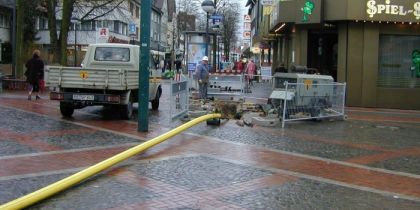
Machine developments, process-engineering, pipe design and materials requirements - Polyethylene pipes for trenchless installation methods
Trenchless installation techniques using polyethylene pipes have proven successful for over 30 years. With modern machinery, tailored pipe designs, and rigorous quality control, a lifespan of over 100 years is anticipated for gas and water pipelines, even with complex methods like bursting gray cast iron pipes.
